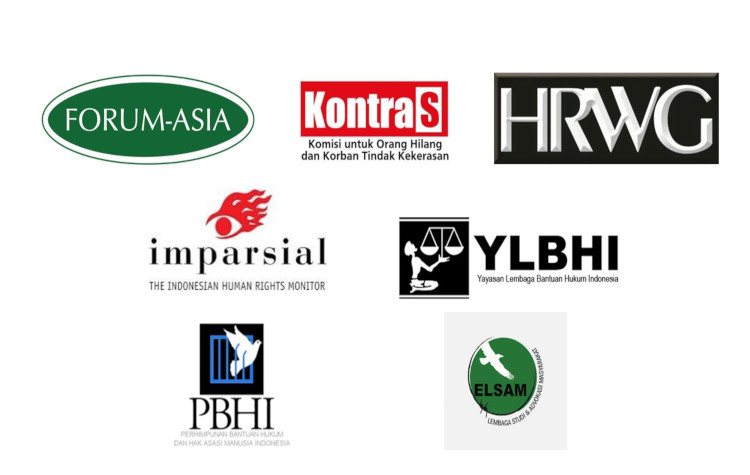
Indonesia: ASEAN Human Rights Body needs to be proactive on addressing the situation in Papua
(Bangkok, 16 September 2019) The Asian Forum for Human Rights and Development (FORUM-ASIA), together with its members in Indonesia, the Commission for the Disappeared and Victims of Violence (KontraS), the Human Rights Working Group (HRWG), the Indonesian Human Rights Monitor (Imparsial), the Indonesian Legal Aid Foundation (YLBHI), the Indonesian Legal Aid and Human Rights Association (PBHI), and the Institute for Policy Research and Advocacy (ELSAM) call on the ASEAN Intergovernmental Commission on Human Rights (AICHR) to address the escalating human rights violations experienced by the people of Papua and West Papua, Indonesia. As the overarching body responsible for the promotion and protection of human rights in Southeast Asia, the AICHR must be proactive in showing its relevance for the struggle of its people, and work together with the Government of Indonesia to ensure the fulfilment of all human rights and fundamental freedoms of the Papuans.
It has been four weeks since police and military forces together with unidentified fundamentalists groups, raided and taunted students from Papua in a dormitory in Surabaya, Indonesia, following false allegations of having desecrated national symbols. The situation has since deteriorated and has caused irreversible damage in the form of political and social unrest.[1]
Despite its commitment to uphold human rights and fundamental freedom of the Papuans, as made during the Universal Periodic Review,[2] the Government of Indonesia has continuously attempted to silence dissent, among other by: increasing military force; shutting down the Internet in Papua; and charging human rights defenders, who advocate for the Papuans, by using draconian laws. Some of these, such as the Law on Internet and Electronic Transaction and the defamation clause of the Indonesian Criminal Code are known tools of the Government of Indonesia to curb freedom of expression in the interest of the State.
The situation has been widely criticised, among others by the United Nations High Commissioner of Human Rights, Michelle Bachelet,[3] who stated her concerns in regards to this matter and called on the Government of Indonesia to de-escalate the situation in Papua. Other comments have come from progressive national and international media calling for respecting international human rights standards to come to a solution. However, the Association of Southeast Asian Nations (ASEAN), and notably the AICHR have kept silent.
Despite being mandated by its Member States to monitor the human rights situation in the ASEAN region,[4] the AICHR has been known for maintaining its non-interference approach and tendency to prioritise non-contentious issues.[5] This approach is no longer retainable given the increasing threats against civic space, democracy, rule of law, and the fulfilment of the rights of minorities in the region.
We call on the AICHR to address the situation in Papua with the Government of Indonesia, and to proactively exercise its critical role to ensure international human rights principles are being upheld by the Government of Indonesia. The AICHR should engage with national and international human rights mechanism to identify a synergic approach to address the crisis, particularly when it comes to clarifying: the abuse of power by the authorities; incidents of racial discrimination and hate speech; the involvement of fundamentalist groups; and the presumed cooperation between these groups and the law enforcement apparatuses.
It is essential for the Government of Indonesia to open its door for cooperating with international human rights mechanisms in this matter. Recalling the intention of Indonesia to become a member of the UN Human Rights Council in the upcoming period of 2020-2022, the Government should set an example on how a concerning country can cooperate with these mechanisms. It would provide an opportunity for the Indonesian Government to showcase its commitment to a progressive stance on human rights and fundamental freedoms, not only on issues outside, but most importantly within the country.
***
For a PDF version of this statement, please click here.
For more information, please contact:
– East Asia and ASEAN Programme, FORUM-ASIA, [email protected]
[1] https://forum-asia.org/?p=29596
[2] Recommendation no. 139.51 and 139.67, which enjoy the support of the Government of Indonesia.
[3] https://www.ohchr.org/EN/NewsEvents/Pages/DisplayNews.aspx?NewsID=24942&LangID=E
[4] AICHT TOR Article 4.10 on Mandate and Function of the Commission.




